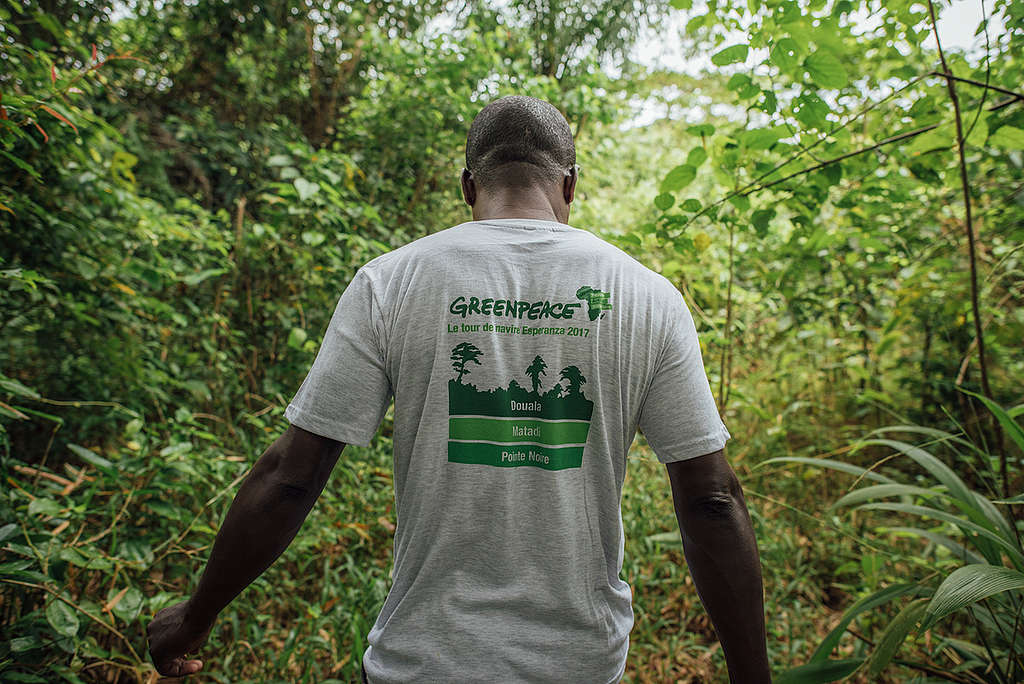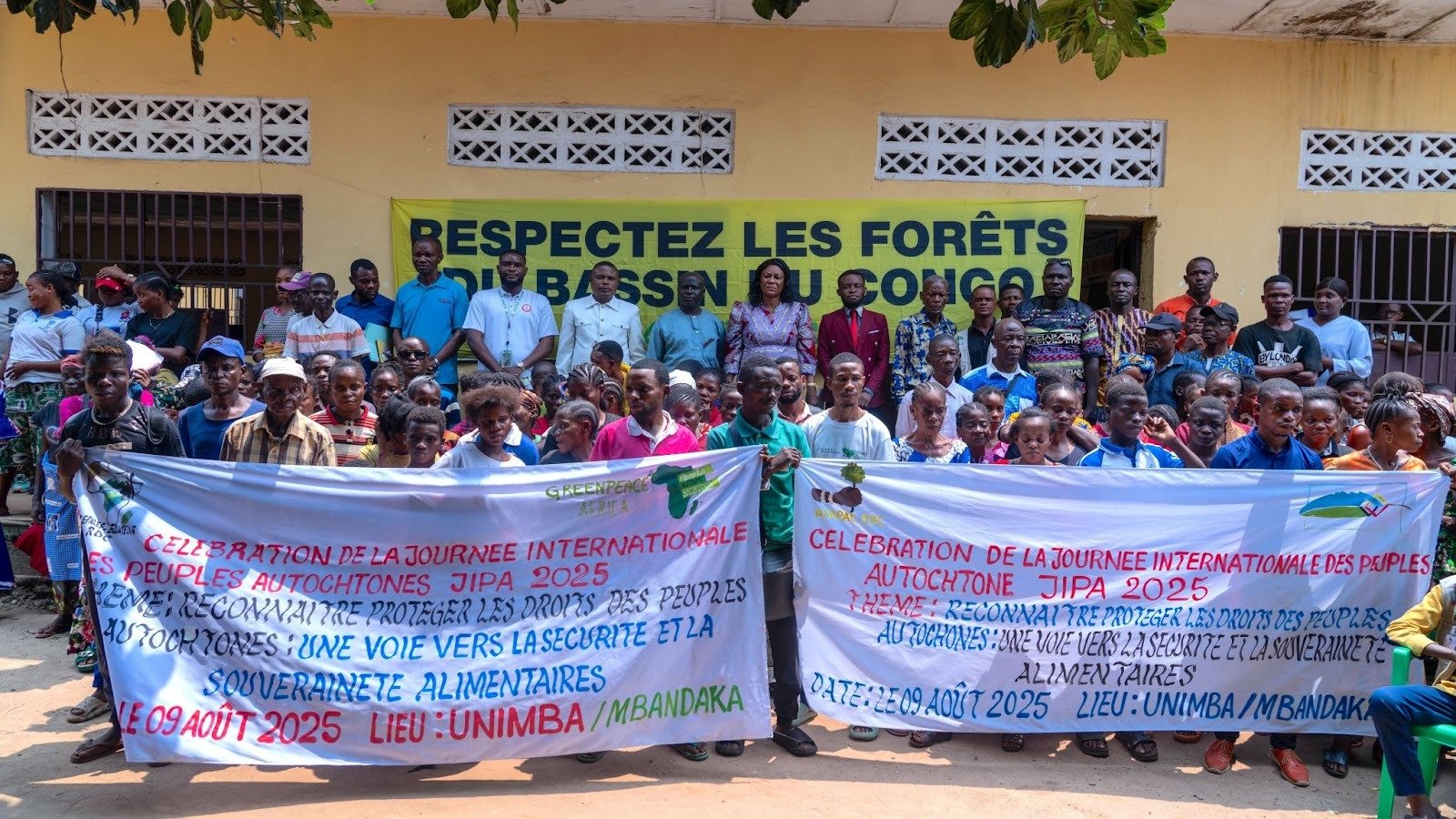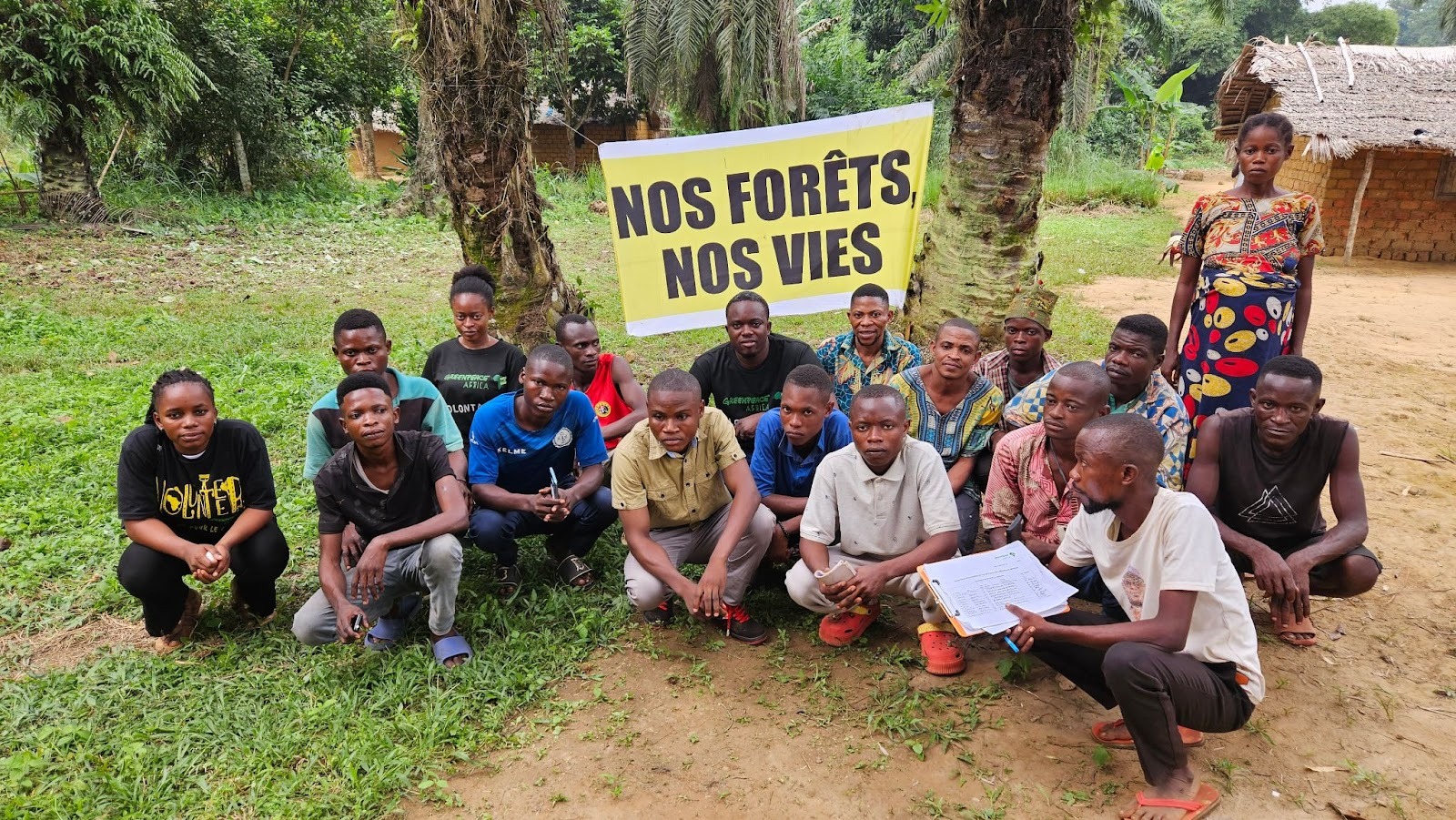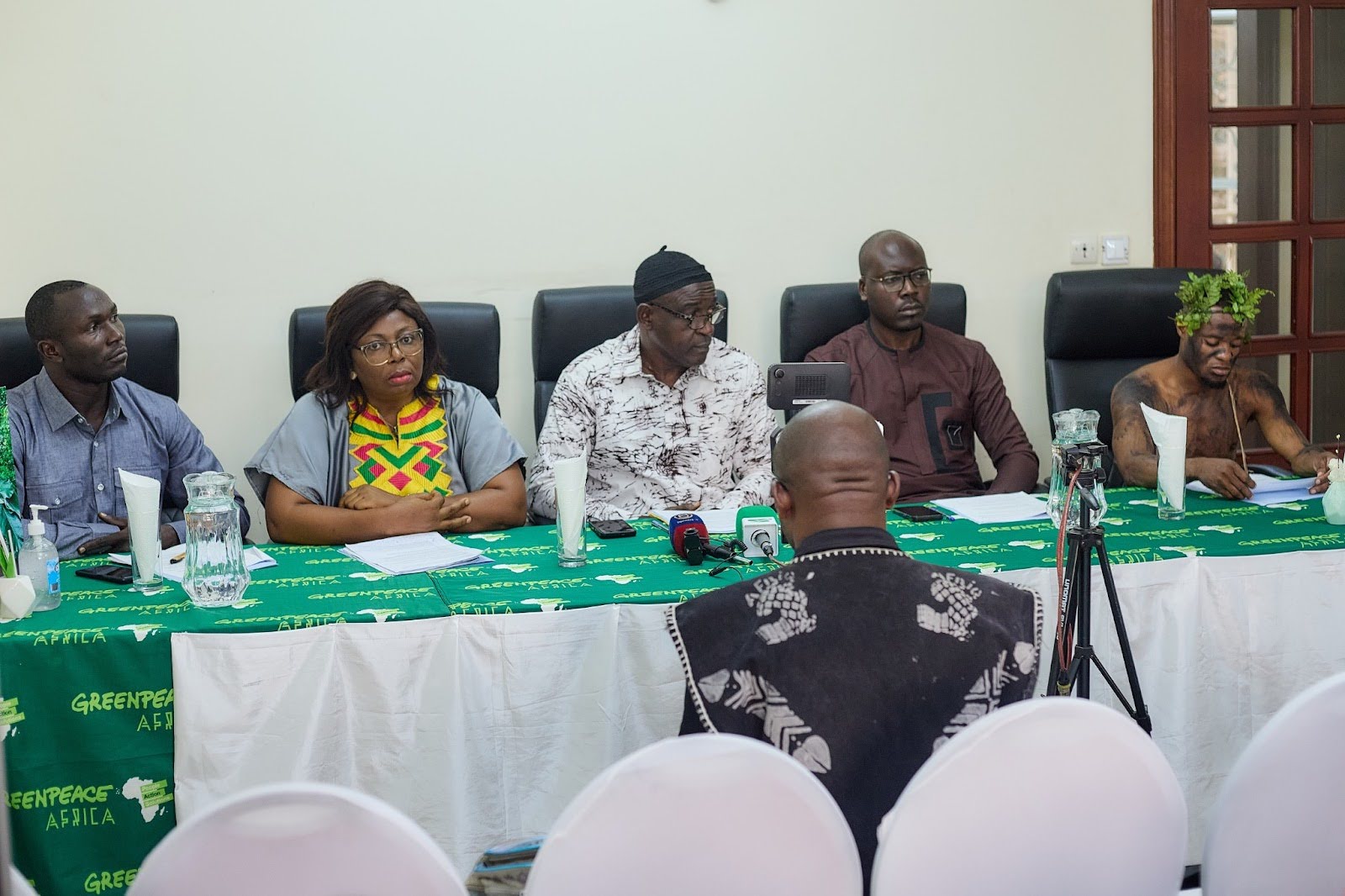My mum told me that my grandfather was a forest engineer and leader. I didn’t get a chance to meet him as he passed away before I was born. He was deeply involved in the ancestral conservation of the forest.
I didn’t realise it earlier during my teenage years. All I remembered was the time I spent my holidays in Mali, West Africa. During the rainy season it was green everywhere. The grass was growing with trees and flowers, adding to the beauty of the natural landscape. Each morning, with a deep breath, I could easily smell the freshly fallen leaves that ended their flight on the ground. The rainwater would then lead them to the streams.
I could still feel the love of people for nature and ancestral conservation. The concept was simple. Communities would live in harmony with nature, protect the forest to live, eat, and cure themselves with natural medicinal plants that are called “pharmacopoeia” in the local dialect.
At an estimated population of around 17,8 billion inhabitants, the indigeneous population of Mali was composed of the Tuareg (pastoralists who form 8% of the population) and the Songhai (settled in Timbuktu and Gao) who represent the largest group in Northern Mali. The Fulani (pastoralists), the Berabish Arabs (pastoralists), the Arabs (merchants), the Dogon (agriculturalists and hunters), the Bozo (nomadic fishermen), and the Bambara were among others more concentrated in the South.
For centuries, these indigenous communities took care of nature through ancestral conservation techniques such as the use of traditional methods that have helped them to regulate interactions with their natural environment. They also made sure that the benefits derived from nature would still remain for future generations. It was a good balance to maintain.
Traditional conservation ethics were capable of protecting biodiverse species in particular, and the environment in general as long as the local communities had a stake in it. In fact, Traditional Ecological Knowledge (TEK) systems were infused with practices and concepts, and modes of teaching and learning that could be related directly and indirectly to resource stewardship and conservation at various levels.
The role of traditional beliefs in the protection of natural resources is reflected in a variety of practices including sacred groves and sacred landscapes. For example, in India, particular patches of forests are designated as sacred groves under customary law and are protected from any product extraction by the community. Such forests are very rich in biological diversity and harbour many endangered plant species including rare herbs and medicinal plants.
Further away, in the culture of the Maori people of New Zealand, humans are deeply connected with nature; the two are equal and interdependent, even kin. The idea is reflected in the Maori word ‘kaitiakitanga’, which means guarding and protecting the environment in order to respect the ancestors and secure the future. Their traditions and belief systems often mean that they regard nature with deep respect, and they have a strong sense of place and belonging. This sustains knowledge and ways of life that match up well with modern notions of nature conservation and the sustainable use of natural resources.
The world’s 370 million indigenous people are only 5 per cent of the total population but they officially hold 18 per cent of the land and lay claim to far more. Their home areas across 70 countries from the Arctic to the South Pacific include many of the planet’s biodiversity hotspots.
Unfortunately, as of today, these communities are not empowered to keep safeguarding our forests.
As a result, Mother Earth is crying and human beings are ignoring different signs and alerts from her.
From deforestation and illegal logging in DRC and Cameroon that are threatening local indigenous communities, to floods in Mozambique, caused by heavy rains and tornadoes, that recently cost lives to thousands of people, to coal plants issues in Kenya and South Africa, to the overexploitation of ocean’s resources in Senegal, and the growing threat to food security caused by the increasing number of fishmeal plants in West Africa, the whole continent is plunged into environmental chaos.
Dear africans, here is the result of our greed for more (more profit, more shoes, more houses, more cars, more everything…) but for how long will we keep this destructive mindset of more is better? Until when will we ignore obvious natural signs of the climate crisis and its effects on our environment? In addition to the destruction of our marine ecosystem caused by Illegal Unregulated and Unreported (IUU) fishing which costs West Africa alone $1.3 billion per year, or plastic pollution with around 8 million tons of plastics dumped in our oceans every year and claiming the lives of around 800 animal species?
It’s high time we wake up!
If a small portion of humanity and peace remains in us, then it’s time to revive it for mother earth’s biodiversity restoration and for future generations.
Our selfishness as human beings brought us where we stand now, that is, in an environmental chaos. It is time we shift our mindset towards eco-friendly approaches and behaviours and reconsider building on ancestral best practices of nature conservation and preservation.
I still keep hope with growing environmental movements, and youth who are taking the lead and taking it to the world’s streets to challenge governments and big corporations and push for sustainable climate actions.
I trust our people and communities in addressing these environmental challenges. As Africans, we have always been able to build resilience out of so many natural disasters that we should have the conviction that a greener Africa is possible and that will be based on our level of political and civic commitment, engagement, oneness, and the joint actions we are ready to initiate together for good.
We can make it, if we unite accordingly.
Contact: GPAf Oceans Campaigner, Awa Traoré.




